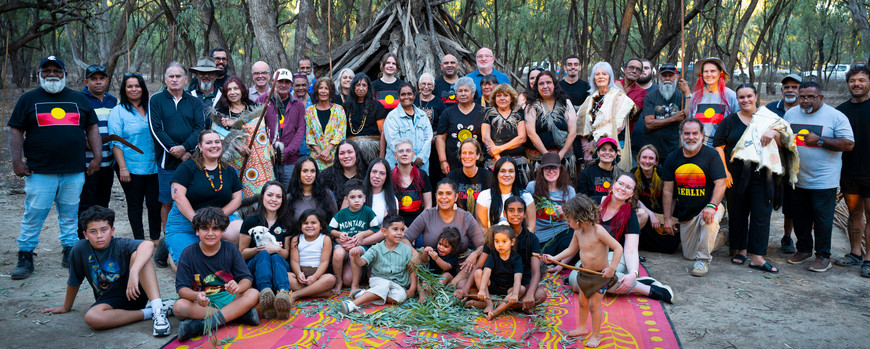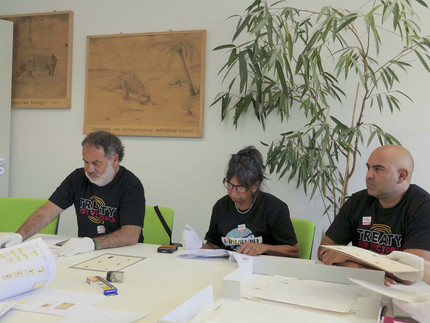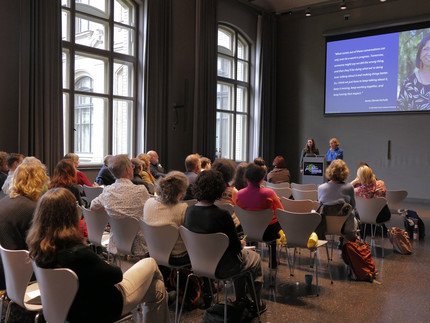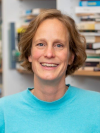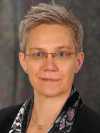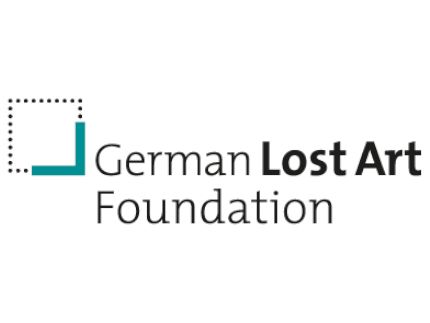Berlin’s Australian Archive
Addressing the Colonial Legacies of Natural History
How can German natural history institutions recognise the continuing importance of these collections to First Peoples? How can the information they hold about the entanglement of German natural history with Australian colonialism, but also about Indigenous knowledge and practices, be recovered? How can our work best support First Peoples claim for sovereignty over these natural collections as Indigenous cultural belongings?
Over three years (2023–2025), the Berlin’s Australian Archive project addressed these questions by bringing together Knowledge Holders and experts from First Nations communities with museum and university researchers in Australia and Germany. Working collaboratively, the project critically investigated collections associated with two prominent Prussian naturalists active in nineteenth-century south-eastern Australia: Wilhelm von Blandowski and Gerard Krefft.
Guided by the members of the project’s Aboriginal Advisory Board, our interdisciplinary, cross-cultural and cross-sector team hosted two delegation visits from Australia in 2023 and 2024. Together, we sought to:
- Reassemble this material records across the national, taxonomic and disciplinary divides that led to its dispersal across multiple collecting institutions in Australia and Germany.
- Analyse how the making, circulation and scholarship of these collections intersected with colonial frameworks of knowledge production—including their infrastructural, ideological and economic foundations—in order to develop a critical understanding of the processes and conditions that severed these materials from the Indigenous communities and lands to which they are historically and culturally connected.
- Develop sustainable and culturally appropriate forms of access to Berlin-based collections for First Nations communities for whom they are relevant.
- Engage in a dialogic exchange of knowledge that addresses the interconnected nature of Indigenous knowledge embodied in Berlin’s Australian Archive and its relationship to Indigenous histories and lived cultural worlds.
- Develop guidelines that translate the historical and cultural significance, as well as the potentially sensitive nature, of the collections into appropriate protocols for research, preservation and display in German museums.
For further information & insights into the work in progress, visit
Project Partners in Year 3
Museums Victoria Melbourne
Museum für Naturkunde Leibniz Institute for Evolution and Biodiversity Science, Berlin
Ethnologisches Museum Staatliche Museen zu Berlin
Further Project Partners in Year 1 & 2
Royal Botanic Gardens Melbourne
The Australian Museum Sydney
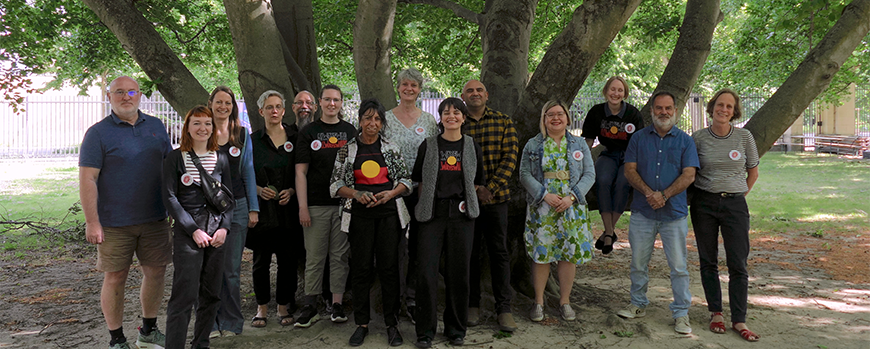
In March 2025, members of the Berlin project team travelled to Australia to share the project’s findings with Indigenous communities through a workshop held on Country in rural Victoria. The workshop was led by Tati Tati and Wadi Wadi Traditional Owner Uncle Brendan Kennedy and Wadi Wadi, Ngarrindjeri and Yorta Yorta Master Weaver Auntie Glenda Nicholls, with the support of Back to Country Curator Caine Muir, Senior Curator, History of Collections Rebecca Carland, and Project Coordinator Jess Alderton (Museums Victoria). More than forty community members, representatives, Elders and knowledge holders from several River Nations participated in a productive dialogue about the collections held in Germany.
In October 2025, a second workshop was held in Berlin, bringing together museum professionals and academics from Germany, Australia and the United Kingdom who work with collections of colonial provenance. Participants presented their own projects in provenance research and critically reflected on the role of natural history museums and natural science collections more broadly.
The project has also resulted in an upcoming set of Guidelines for Provenance Research on Natural History Collections in Australia, to be published by the German Lost Art Foundation, as well as a Finding Aid to the Blandowski/Murray River collections that will be finalised in 2026.
Media
Blandowski, First Nations and the Natural History of Australia
Project leads:
Prof. Dr. Anja Schwarz (University of Potsdam)
PD Dr. Eva Bischoff (University of Trier)

Coordinating researcher and contact for inquiries:
Fiona Möhrle, M.A.

Student Research Assistant
Emily McEwan
The project was funded by the German Lost Art Foundation

